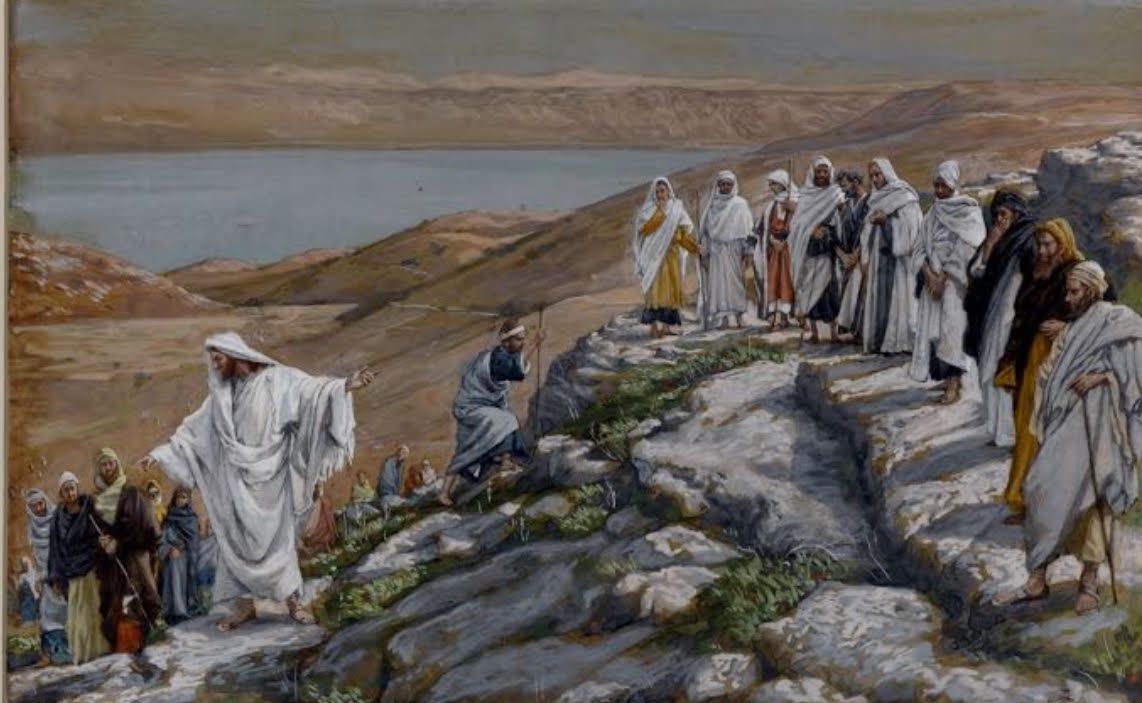14th Sunday in Ordinary Time
July 4, 2025
Gospel Reflection
Luke 10:1-12,17-20

In the history of Christianity there have appeared, at different times, movements or at least theories based on the idea that the Church was not meant to have an organized structure, much less a so-called “hierarchy” (with different levels of authority). Some have even gone so far as to say that Christ never meant to found a “church.” There is nothing in Scripture to defend these theories. The Gospel passage we reflect on today shows the contrary. Very early on Jesus was organizing his followers into a coherent body of disciples, with some having very well defined responsibilities. When Luke tells us that Jesus “appointed seventy two others” he is referring to these men as other than the Twelve – that is, those to whom he gave the name “apostles.” The Twelve – which included Peter, Andrew, John and James, to mention a few - were those who came to enjoy an especially close relationship with Jesus. It was these men he spent most time with and to whom he explained the most about himself and his mission, in which they would have an intimate part to play. The seventy two were all, of course, disciples, like the Apostles, but with responsibilities subject not only to Jesus, but to the apostles as well. One can already see ranks of authority, where Jesus of course has full authority and the apostles share in it on the highest level. They, in turn, will come to oversee the activity of men who act either as “evangelists” (teachers of the Gospel) or “presbyters” (elders). The latter later came to be known also as priests, once any confusion or conflict with the Jewish priesthood had become unlikely. Although the number of the men initially sent out by Jesus appears in some early copies of the Gospel of Luke appears as seventy, the number seventy two seems more likely to be correct. We notice that this number is a multiple of twelve and points to their subordinate role. The existence of an order of authority becomes especially obvious in the writings of St Paul and in Luke’s early history of the Church, the Acts. There we see Peter acting as if in the place of Christ and being treated with special veneration by the faithful. We see the authority of the other apostles also being recognized. For instance, James, the one who was related to Jesus, comes to occupy a place of governance over the Christians of Jerusalem. Paul continues to have a role of leadership and teaching over a number of the cities he evangelized. After a number of years a council of apostles meets together and makes an authoritative judgement and decree about a matter that was disputed between certain Jewish converts and the non-Jews Paul and others had brought into the Church. Towards the end of the lives of the apostles we see men being ordained by them to continue their role of overseeing the life of the Church. Timothy and Titus are among these and they are given careful instruction by Paul, in letters he writes from his place of final imprisonment. All the time then, since the beginning, the Church grew as an orderly body of believers, being cared for and guided by other believers.
It is true, however, that the Church is not a place where everything requires strict orders, and where there is no freedom for initiative. Most of what happens in the life of the Church does not come from the top down. It comes from the sense of personal responsibility that men and women of faith have, and the lights they receive in prayer and from the good example of fellow Christians. There are also so-called “charisms”, supernatural gifts and inspirations coming from the Holy Spirit that many people have generously responded to, in order to bring a new dimension or specific light to the life of the Church. In this way, numerous religious orders, movements, apostolates, social works, spiritualities and devotions have arisen in the life of the Church, only later to be approved or officially supported by the hierarchy of the Church, to which all things must be prepared to submit if they form an integral part of her life.


